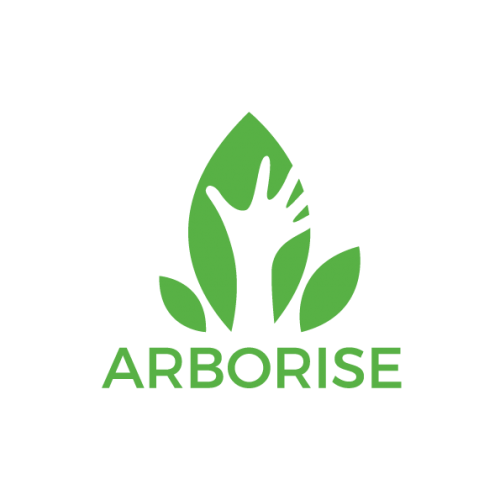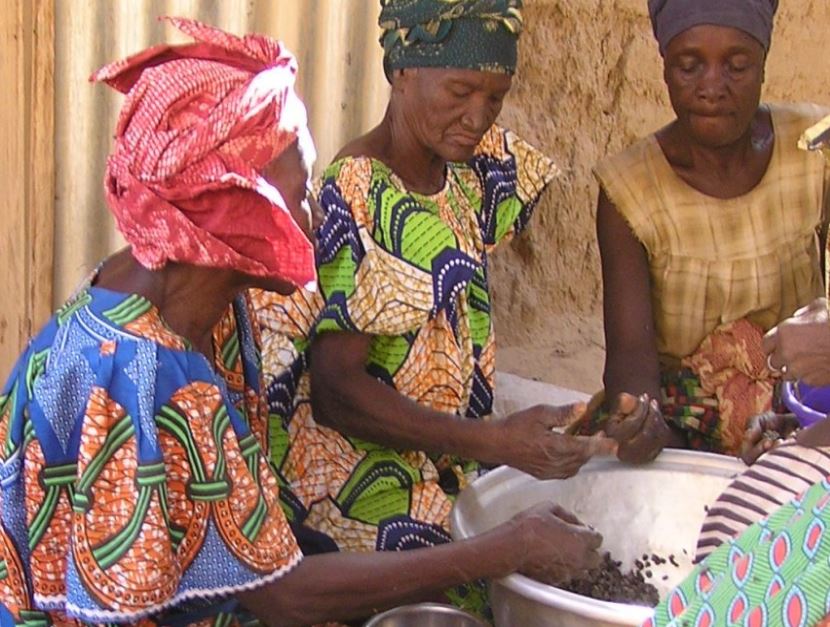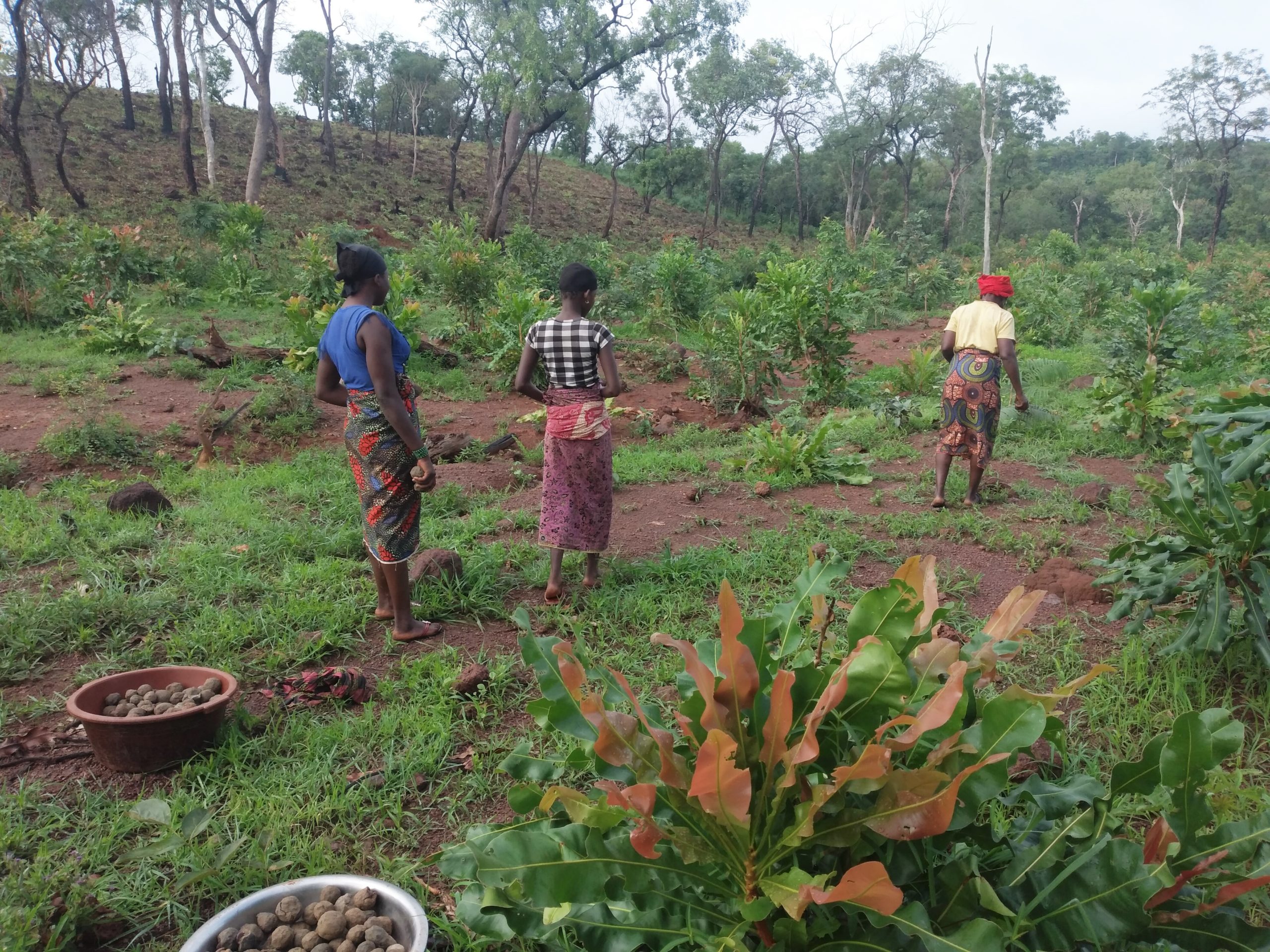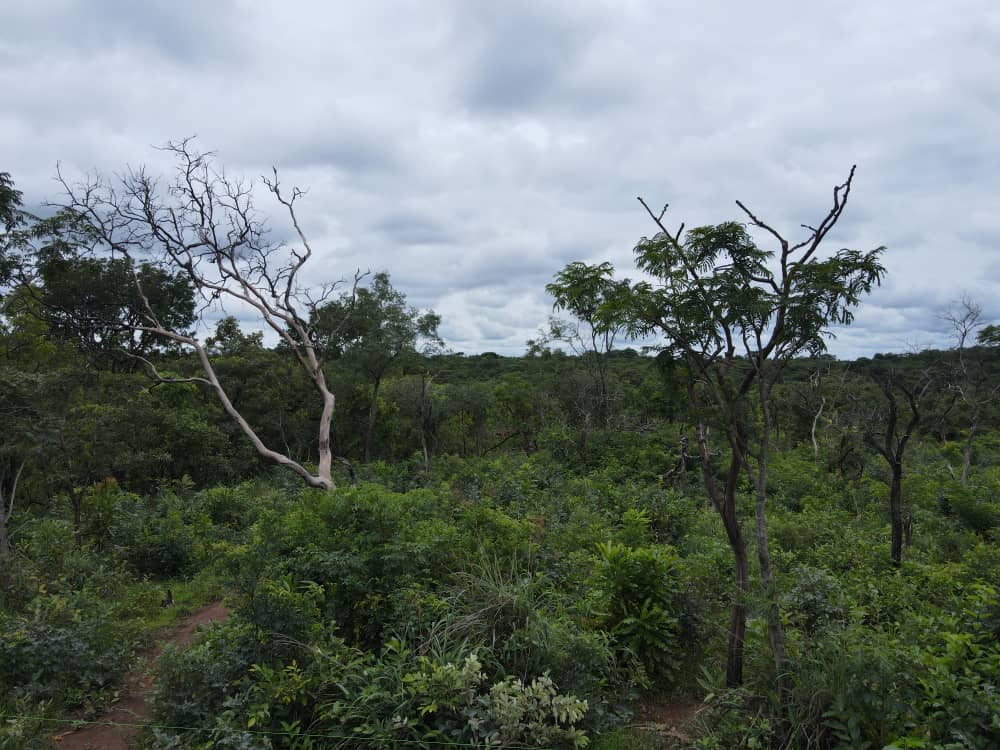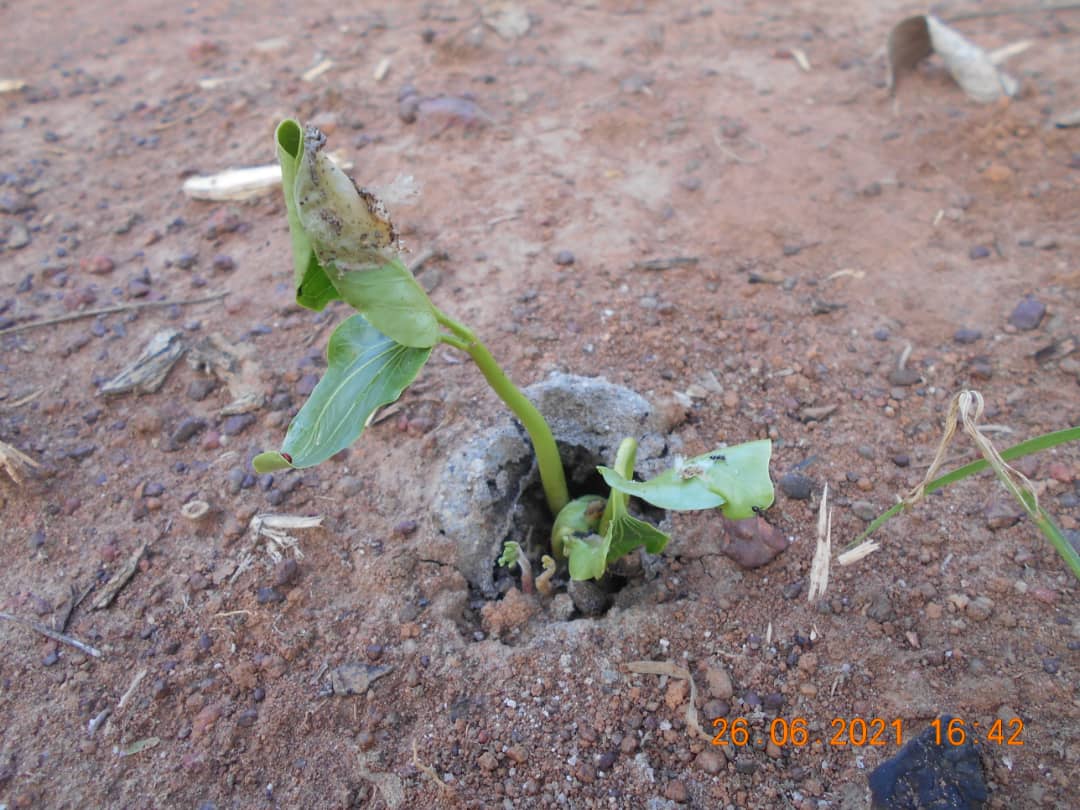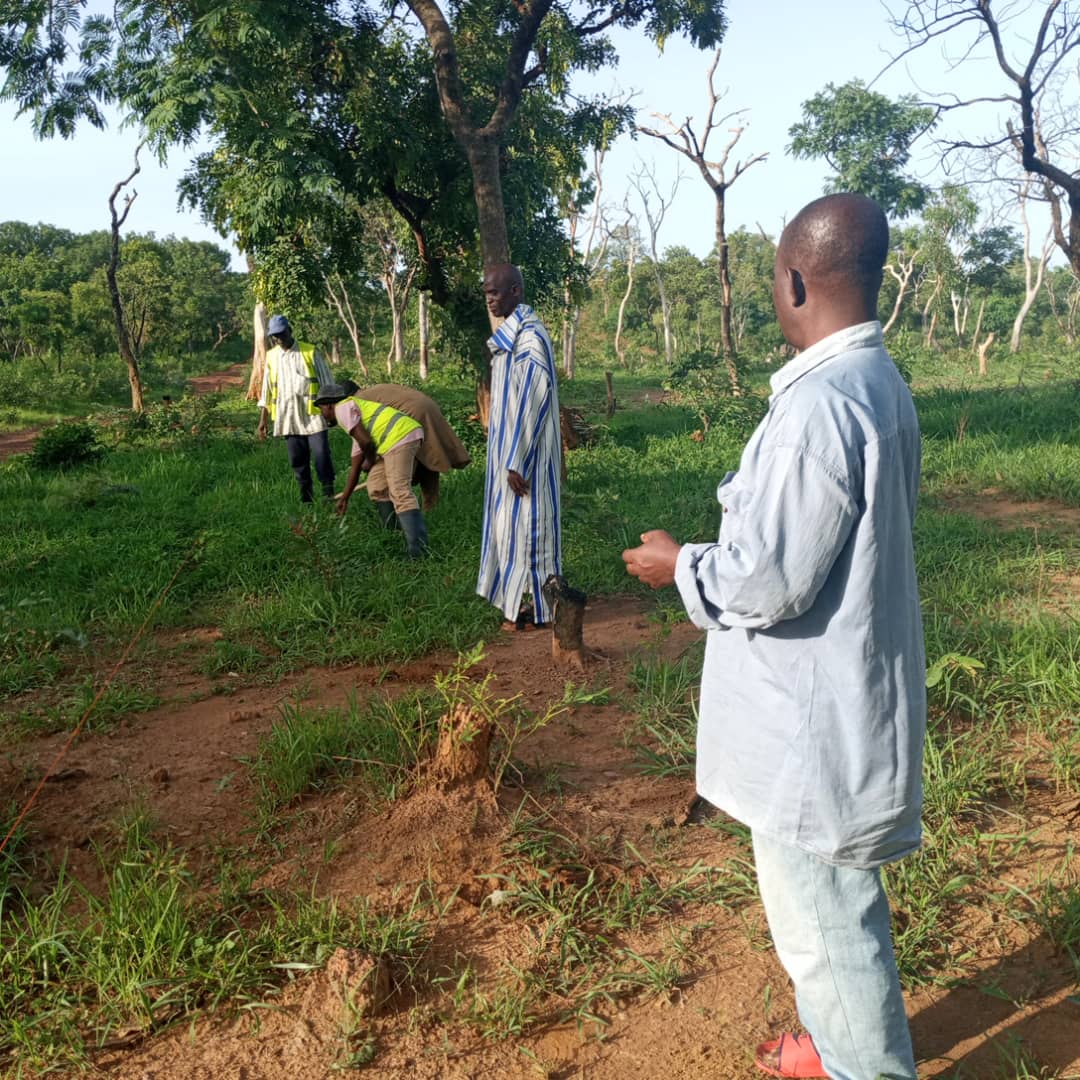The Vajra Foundation for Humanitarian and Sustainable Development is supporting arboRise’s work for Guinean women with a substantial donation. We would like to thank the foundation committee and its president for their support!
With our participation model, we promote the involvement of women farmers in reforestation activities. Their work is remunerated on an equal basis with that of men, in accordance with our ethical principles. The financial contribution of the Vajra Foundation will be used in particular to strengthen this aspect of our activities.
Those who would like to learn more about the context in which the women of Upper Guinea live will be fascinated to read Mabetty Touré’s thesis “Les rapports de genre et la filière néré en Haute Guinée” (2104, Université de Toulouse). In this detailed study, we discover how the exploitation of the néré seed by women is able to increase their autonomy
“Gender asymmetries consisting of differences and inequalities are sometimes transformed in response to changes in society as well as to changes in socio-economic conditions. It is in this context that many women in Upper Guinea have taken initiatives and are currently involved in the exploitation of néré, a harvested product used as a condiment, which gives them greater autonomy and access to the means of production. They join collective organisations and increasingly move to distant horizons, thus overturning the old hierarchy of power based on gender and age.”
